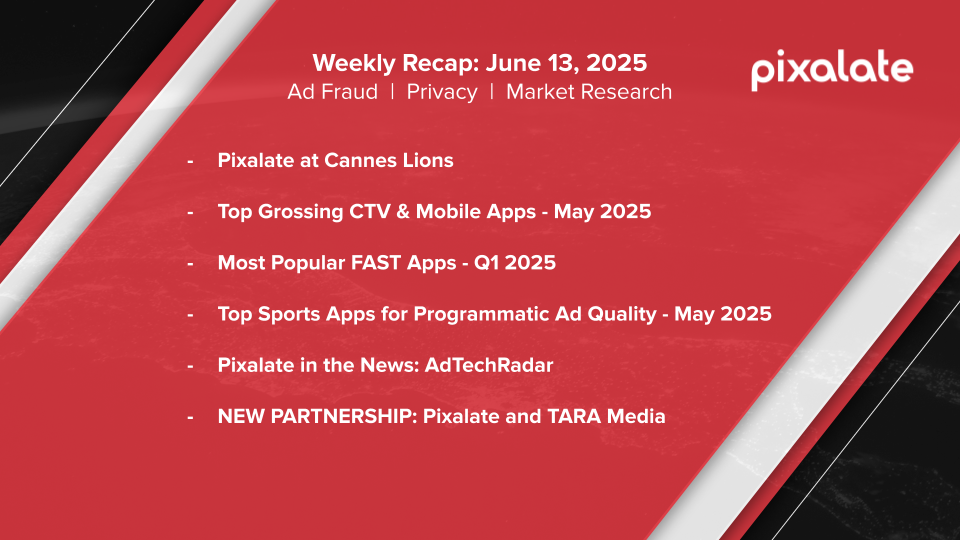This week's review of ad fraud and quality in the digital advertising space.
1: Ad fraud still a thorn in online advertising's side

"The fraud industrial complex knows exactly where to play. They know we like our smartphones, and they know we like to watch videos. So what's the No. 1 fraud platform? Smartphones," wrote Maarten Albarda, founder of Flock Associates in a MediaPost op-ed. "And the No. 1 fraudulent medium? Videos!"
The op-end continued: "And because we are all working from home, with our connected TVs on all day, the fraudsters have also discovered this lucrative platform. In 2019, Pixalate found almost one in four invalid traffic rates in programmatic over-the-top and CTV advertising."
2. Report: Feds may eye Google's Chrome for a breakup

"Justice Department and state prosecutors investigating Google for alleged antitrust violations are considering whether to force the company to sell its dominant Chrome browser and parts of its lucrative advertising business, three people with knowledge of the discussions said Friday [Oct. 9]," reported Politico.
3. Facebook's MRC brand safety audit is underway

Digiday reported that "Facebook has agreed on the scope of its brand safety audit by the Media Rating Council, though the initial phase, which is currently getting underway, will not include the social network’s news feed."
Digiday added: "Facebook first committed to the MRC brand safety audit in late June amid growing pressure from advertisers and campaign groups to take more effective action against the spread of hate speech and misinformation on its platform."
4. Google's sellers.json file grows to 1.2 million publishers











